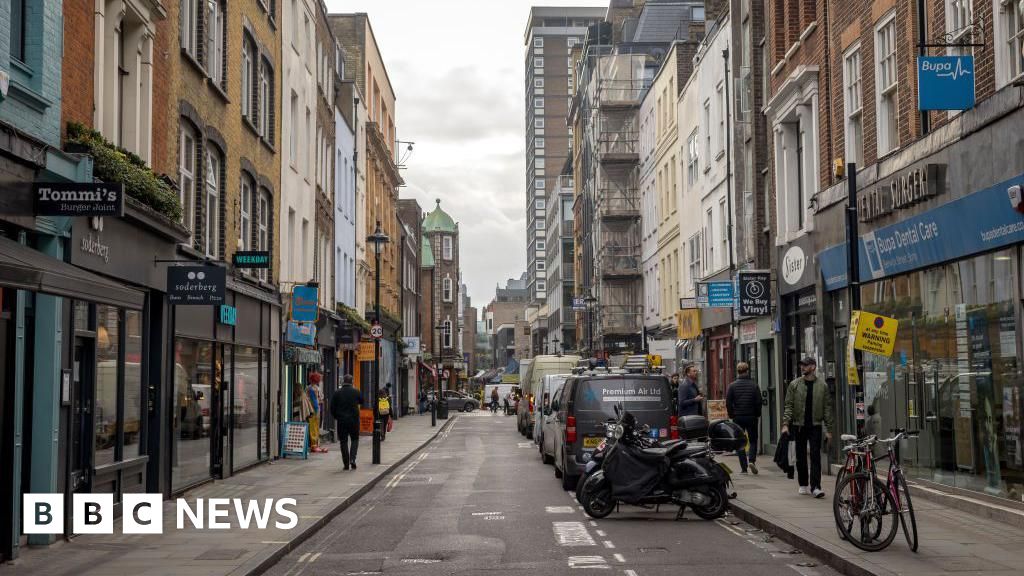
In its letter to the mayor, SBA said they were concerned that if Soho was excluded from the Mayoral Development Corporation (MDC) for Oxford Street there could be an adverse impact on pedestrians, cycle routes and traffic flows.
The SBA, which represents around 150 businesses, wrote: “You may not be aware that in a very similar way to Oxford Street, Soho has suffered with years of neglect in terms of highway maintenance and public realm improvement.
“The pavements are narrow and inaccessible, the lighting is poor in places making it feel unsafe for vulnerable groups, in particular for women and girls, there is limited opportunity for on street surveillance because of the narrow pavements and CCTV has been completely removed from the busiest streets.”
It also said the pavements were too narrow for pushchairs and wheelchairs and compared to other historic city centre districts, there was no space for alfresco dining in Soho.
The SBA has also claimed previous plans to try and regenerate the public realm “have been met with fierce opposition from a small minority of local residents”.
Westminster cabinet member for planning and economic development, Geoff Barraclough has said Soho is a very diverse area, in terms of both its people and its businesses, so the Soho Business Alliance does not speak for all.
He said: “We are fighting to ensure local people have a powerful voice in the Mayor of London’s plans for Oxford Street and that the whole of the West End benefits.
“Soho is not going to lose out and we would oppose any plan to remove democratic control from the area.”
Barraclough said the West End and Soho have around 1,300 licensed venues, the majority open after midnight.
He added that partnerships with the Metropolitan Police, Veolia and local businesses work to tackle issues like anti-social behaviour and keep Soho clean, “and the new wave of CCTV cameras being rolled out in the area underlines that commitment”.